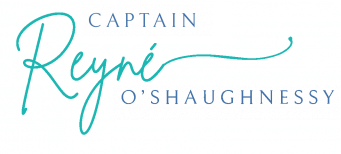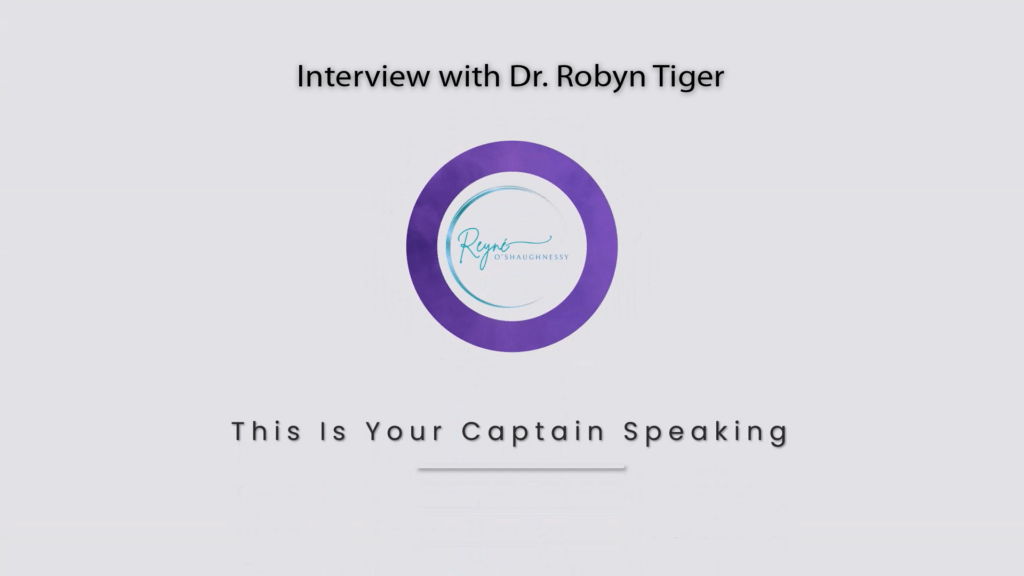As we near the end of a tumultuous and consequential year, socially-distanced and avoiding large gatherings, now is the time to build a new habit… get quiet.
It may seem strange to sit alone and ponder. For that matter, it may seem strange to sit alone and be quiet in your mind, to not think about anything, to breathe in an intentional way. It may feel counter-intuitive, like you’re not being productive.
What I’ve learned is that the discipline of reflection, of sitting alone in quietness, helps us clear our minds, allows us to assess and learn from the past, and it prepares us to better face whatever tomorrow, or the new year, may bring.
To reach our potential and be effective leaders, we must carve out time for reflection. More importantly, we must quiet our minds.
I’ve always been an avid reader and enjoy reading books about Winston Churchill, the prime minister who led Britain to victory in World War II He often stole away during stressful seasons for quiet moments—just himself and his cigar.
For over a decade now, my practice has included waking in the early-morning hours—to sit, to pray, then 20 minutes to intentionally breathe; without thought. For me, mindfulness meditation has become my habit. I’ve found that if it doesn’t happen in the morning, then, it doesn’t happen at all. Once I’m engaged in the day’s work, I tend not to slow down as the day wears on.
Rushing around with their hair on fire may be a way of life for some people, but it doesn’t have to be. All the people of impact I know carve out time away from life’s hustle and grind to simply sit with their thoughts.They understand solitude, and that the practice of reflection cannot be hurried.
I know finding a silent moment can be especially difficult these days, when there is always some blinking, buzzing, chiming piece of technology close at hand, demanding our immediate attention. Quieting the mind brings its own reward, but it requires putting distractions aside. Think of it as a new and deliberate habit.
As a commercial airline pilot, mother, wife, and daughter, I felt more and more pressure to make decisions for other people—and consequential ones at that. Through the years, I saw how much my practice of clearly thinking every morning positively impacted my decisions.
Also, when I was on the ground, in a meeting let’s say, and I felt pressured for a decision of significance, I would not rush to judgment and blurt out a yes or no. Instead, I would say, very calmly and plainly, “I’m not ready to make a decision.” I would request the extension I thought was necessary to come to a confident choice, and I would suggest we reconvene at that time; whether it was another hour, another day, or another week.
Sometimes, I have felt great pressure to please people by answering quickly. After all, someone was waiting to hear. But I’ve learned to take whatever time I need to make a wise and thoughtful decision. During that time, as with my morning routine, I seek guidance, I reflect, I pray….I get quiet.
Be well, stay healthy,
Reyne O


